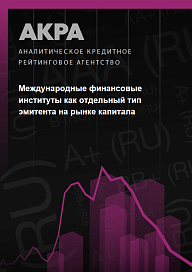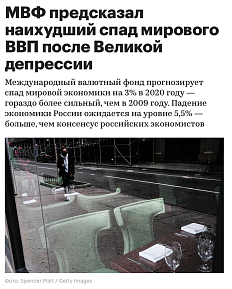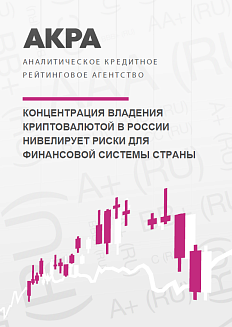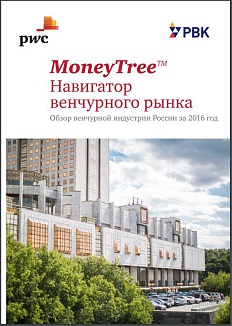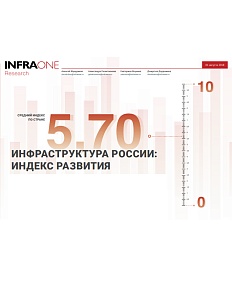The report, prepared by experts from ACRA (Analytical Credit Rating Agency), examines the role of international financial institutions (IFIs) in the global financial system and analyzes the main support and risk factors of six regional IFIs implementing projects in Russia.
The Roscongress Foundation presents the salient points of the publication accompanied by fragments of broadcasts of relevant panel discussions from the business programme of international events held by the Roscongress Foundation.
IFIs are a priority source of funding for large-scale strategic projects and structural reforms.
Supported by shareholder countries, IFIs operate outside the banking regulations of individual states. As a source of «long money», IFIs provide an opportunity for countries to mobilize resources for long-term strategic projects, as well as facilitating the adoption and dissemination of global best practices for structural reforms and the development of new lending areas, such as «green» finance. The relatively low level of credit risk is ensured by the business model that underpins IFIs. IFIs have preferred creditor status, which implies that they have priority over other creditors in servicing their loans. These financial sustainability mechanisms compensate for potential problems with IFI assets, the cause of which is often associated with counter-cyclical financing in countries where economic conditions deteriorate most in times of crisis, and with lending for long-term and complex infrastructure projects, which national commercial banks are often not willing to take on.
Regional IFIs come to the fore in financing Russian projects.
Since the imposition of sanctions in 2014, global IFIs such as the EBRD have virtually curtailed their activities in Russia. An alternative to global development banks for Russia is currently provided by regional IFIs — the Eurasian Development Bank (EDB), the New Development Bank (NDB), the Interstate Bank (ISB), the International Investment Bank (IIB), the International Bank for Economic Cooperation (IBEC) and the Black Sea Trade and Development Bank (BSTDB). The listed IFIs finance various projects in Russia, which in turn is one of the main shareholders of these development banks.
Support from shareholder countries, capital adequacy and liquidity reserves are the main support factors for IFIs.
Willingness and ability of shareholder countries to support the bank in a crisis situation significantly boosts the credit ratings of IFIs. Most of the IFIs under review have a level of authorized capital that is either comparable or higher than both their potential assets and liabilities, indicating that the IFIs have a good margin of safety in case of difficulties in meeting their obligations.
All six IFIs analyzed maintain very high levels of capital adequacy, well in excess of both regulatory and standard commercial bank ratios. Also, the liquid assets of these banks are several times higher than their short-term liabilities, indicating a high or very high level of liquidity. Since MFIs cannot rely on deposit taking and/or liquidity raising from national central banks and, in adverse financial conditions, they require a substantial cash reserve to repay liabilities on time and in full, their own liquidity cushion allows the bank to service its current liabilities even in case of refinancing problems in the market.
Significant geographical concentration of investments and bad loans by IFIs are the main risk factors for them.
Specific tasks that shareholder countries set for development banks often determine the concentration of loan portfolios and investments on a narrow circle of countries and borrowers. The level of country concentration in loan portfolios of the banks analyzed has not changed significantly in recent years and, in ACRA’s view, this situation is unlikely to change in the future.
The quality of IFIs assets is directly linked to shareholder countries’ goal for development banks to lend to non-commercial projects throughout the economic cycle, including crises. The exercise by banks of their functions during a the economy crisis may lead to rise of problem loans, which ACRA considers to be not only loans overdue for more than 90 days, but also impaired and restructured liabilities. In 2020, four of the six banks analyzed had bad loans; the largest share of such loans was recorded at the EDB — about 5% of all loans, and the smallest at the IBEC — 2%.
For more information, see the special sections of the Roscongress Foundation Information and Analytical System: Long money, Financial markets, Banking, Investment projects that are dedicated to banking and financial activities, as well as investment issues.


